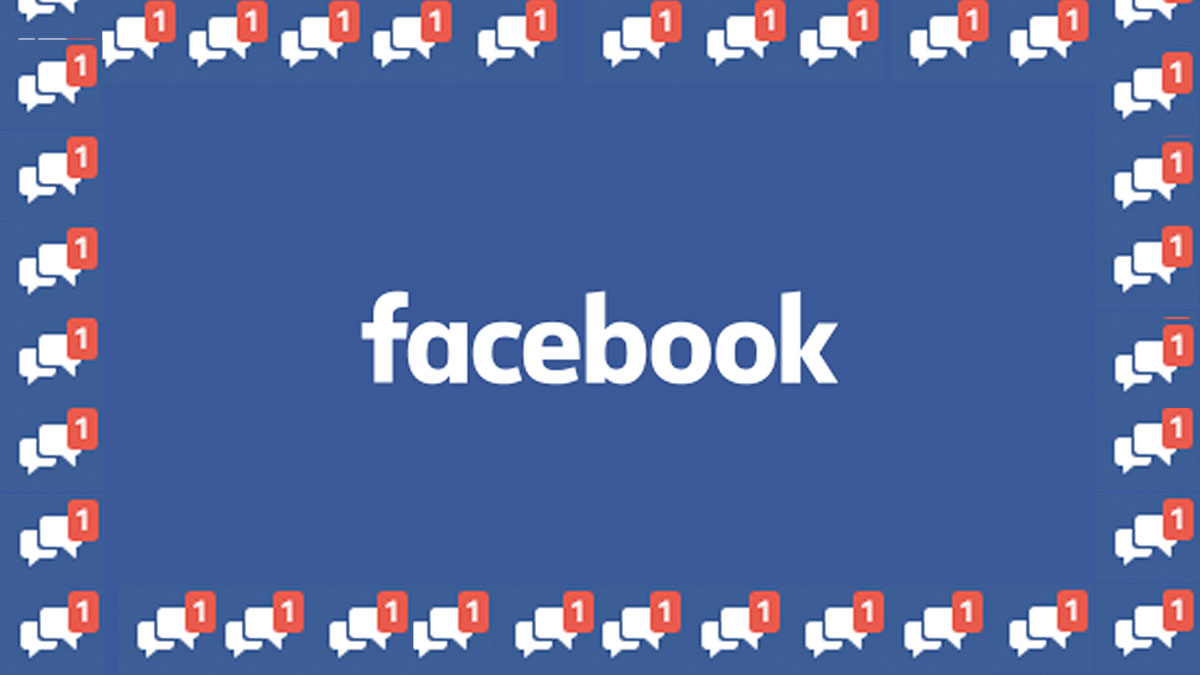Forced Messenger download exemplifies the unbridled power of Facebook
 Supplied
SuppliedI shouldn’t have to submit my phone to a near-complete invasion of privacy in order to use Facebook’s messaging system.
Unfortunately, I might have to. On June 7, Facebook barred users from messaging on mobile browsers (like Chrome or Safari) to force people to download the Facebook Messenger app. Facebook is effectively holding users’ abilities to participate on social media hostage, and unfortunately, this is acceptable. The website is likely doing this to gain more information from their users’ mobile devices.
Right now, I have two choices if I want to see who messaged me.
Choice one: open Facebook in Google Chrome, see the red “1” indicating I have a message, tap the message, get redirected to a download page for Facebook Messenger, become frustrated, find a nearby place with Wi-Fi, open my laptop, and finally open my rec-league softball team’s group chat to learn that the game was cancelled (damn rain). Meanwhile, my phone is about to die because Facebook Messenger drains data and prevents the device from sleeping.
Choice two: download Facebook’s Messenger, subject myself to numerous privacy invasions, and struggle to ignore the annoying chat bubbles that cloud my screen whenever I get a message. The app is sort of reminiscent of the pre-firewall internet of 2002.
You essentially sign a contract every time you download an app, authorizing permissions or agreeing to terms of service (that no one actually reads). If you don’t like the contract, you can’t download the app. In most download situations, powerless users rarely question the hegemonic power of the developer.
When you download Facebook Messenger, you sign away. That is, your identity, contact list, location, SMS, call log, camera, microphone, Wi-Fi network, and call information. Your information is likely used for social engineering — Facebook’s mathematical way of choosing what content shows up on your news feed, who is at the top of your chat list, and who shows up under “People You May Know.” But your activity patterns are also very valuable to advertisers. My information, pooled with the information of anyone else who has ever downloaded Facebook Messenger, could be even more valuable. It’s unclear if user information is being sold at the moment, but it’s plausible and legal because users agreed to the product’s terms of service.
But Facebook is more than a product — it’s a social environment with more than 1.5 billion users. It’s become integral to human life and communication. In the past year, one Facebook user may have used the service to announce their engagement, confirm their safety after evacuating Fort McMurray, warn ETS commuters of that back-of-the-bus masturbator, and learn about Nunavut’s ongoing food crisis from other users living in it. Appreciating that you don’t have to pay $10 for a jug of milk might seem small, but it’s a significant part of what it might mean to live in social media.
Because social media is so intrinsic to contemporary life, users should have some sort of protection from Mark Zuckerberg’s divine rule over the land, just as tenants need tenant rights. The social environment is currently governed only by service providers and their terms of use. Your credit card privacy might be protected, which is great, but your online activity patterns are fair game.
It’s annoying that I have to download Facebook Messenger because the app hemorrhages battery power and functions like a popup. It’s even more annoying that if I want to talk to friends or set up meetings for work, I have to pay a ransom of personal information to a company that isn’t even based in my own country.
Users in the social environment need new protections against their corporate lords — we need some kind of limit on the power social media holds over its users. Those who passively agree to use agreements should start thinking about the right to our online and social activity.
People strived for freedom from the church during the Reformation, from aristocrats during the Enlightenment, and from employers during the Industrial Revolution. Perhaps we should begin to strive for freedom from the barons of social media.
And while you’re thinking about your shrinking internet freedom, fellow plebs, brace yourself for upcoming Facebook’s next annexation: on July 7, your synced photos will be deleted unless you download Facebook’s Moments app (a photo app competing with Instagram).





So wait, you’re worried about Facebook invading your privacy, but you chose to synchronize all of your photos to Facebook? And as others have pointed out, Facebook certainly isn’t trying to compete with Instagram. If anything, like with Messenger, they’re just trying to break out the various aspects of Facebook’s functionality into discrete applications.
Frankly, the time to lament this was the time that Facebook dropped XMPP from their functioning APIs, because starting at that point the only way to message people via Facebook became via non-standard Facebook-provided methods. That was ages ago, though, and I don’t really have sympathy for people now going “but but but!” so belatedly. And if you don’t care about open standards like XMPP, then you can use an application using Facebook’s Graph API to chat with people, you don’t actually need to use Facebook Messenger.
Now, I’ve never looked into what apps are out there on mobile for chatting via Facebook, but I’ve seen many projects folks have written to add Facebook chatting using the current API to desktop chat clients like Telepathy. Pidgin, for instance, supports it via https://github.com/dequis/purple-facebook, and anything else that uses libpurple should be able to trivially add support. And you can of course write an application to use data accessed via the web, since the desktop web client still exists; if you’re running Ubuntu Phone, for instance, this app exists: https://uappexplorer.com/app/fmessenger.hankamotz
Now, if you’re using iOS, that might be a problem, since the only way for a normal user to install a program is to get it from the App Store, and the onerously restrictive terms deliberately preclude copyleft-licensed software from its monopolistic storefront (not to mention the prohibition on using any web engine other than the built-in iOS implementation of WebKit, which may preclude solutions like the Ubuntu Phone one above). But presumably if you’re so concerned about unfettered power you aren’t using such a restricted mobile platform, right? Right?
P.S. For Android, it appears that for now https://play.google.com/store/apps/details?id=com.happening.studios.swipeforfacebookfree has worked around Facebook’s changes. And what permissions does that app require? Well, I just installed it on my Android device and it has yet to request any from me. In my system settings I see that I can toggle on Location and Storage if I want, and that’s it for its entire list of permissions.
You don’t have to sign your privacy away to use messenger unless you’re an idiot.
Sounds like you are using android which is a bad experience for messenger but if you customise your phone correctly it won’t steal your info or drain your battery alternative use an iOS device.
You don’t even need the app you can just go to messenger.com and use all features offered in the app in the browser of your choice.
And to top of your uneducated, misleading article moments is in no conpetition to Instagram as they are both owned by Facebook. They are simply migrating their data to a different platform to recover massive amount of unused storage space by no longer active users.
You can also revoke permissions and choose to accept or not on a per-permission basis on modern versions of Android.
There’s a legitimate technical reason why they’re migrating you to the messenger app. Adding functionality to apps is far easier than adding it to mobile browsers. That’s why tinder, snapchat, grindr and all the others don’t have website versions. As the functionality of facebook messaging evolves (gifs, video calling, who knows), keeping the experience equal between messenger and mobile browsers would be a waste of resources.
I’m not gonna say Facebook needs to know more about us, but if you want a presence on a reputable social media site there’s a price to be paid.
Finally, Moments isn’t meant to compete with Instagram because Facebook owns Instagram and that would be silly.